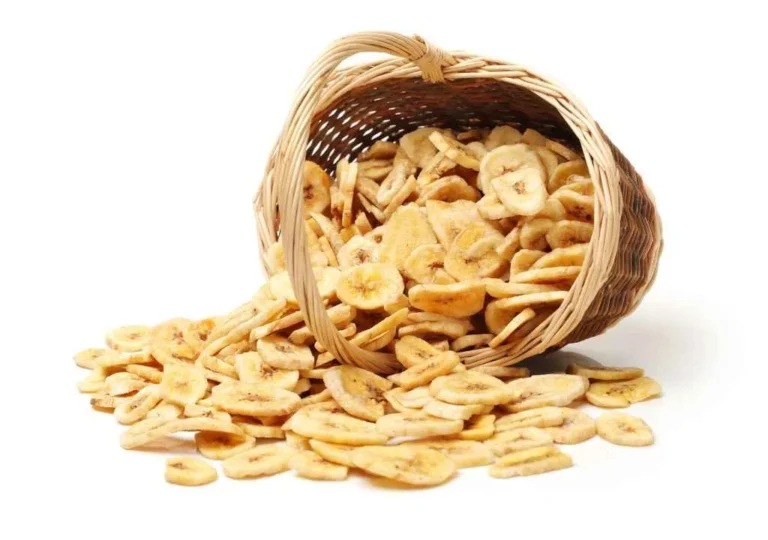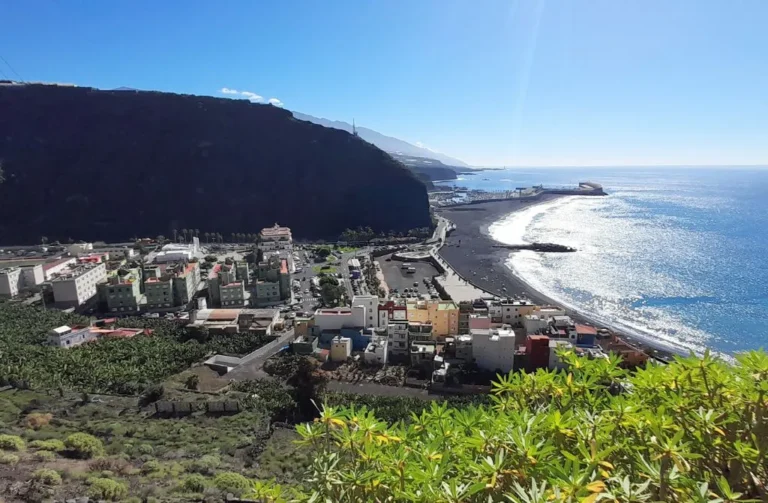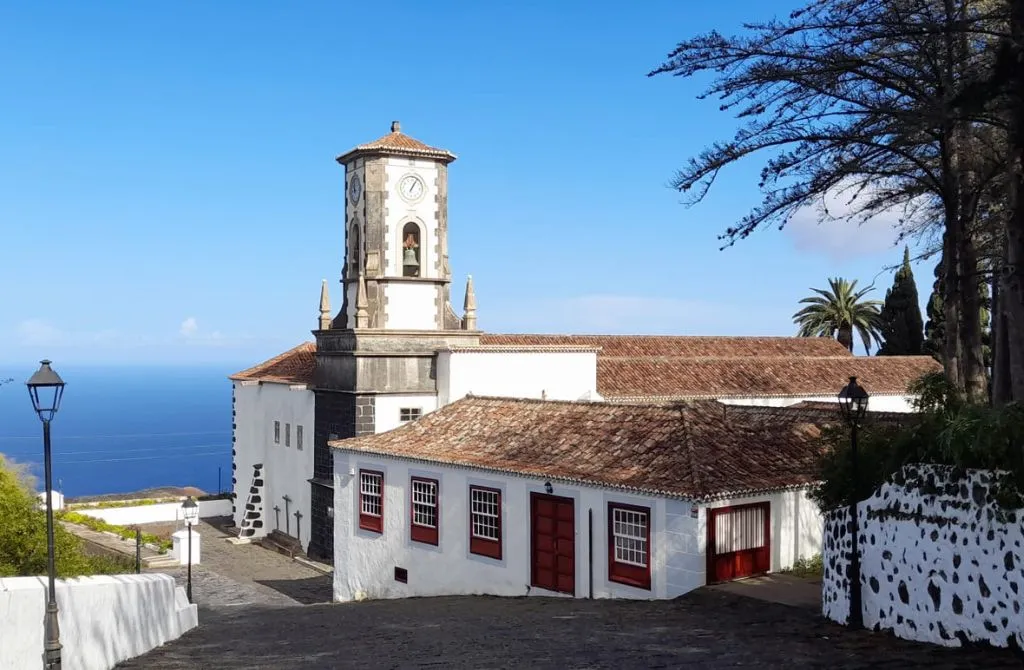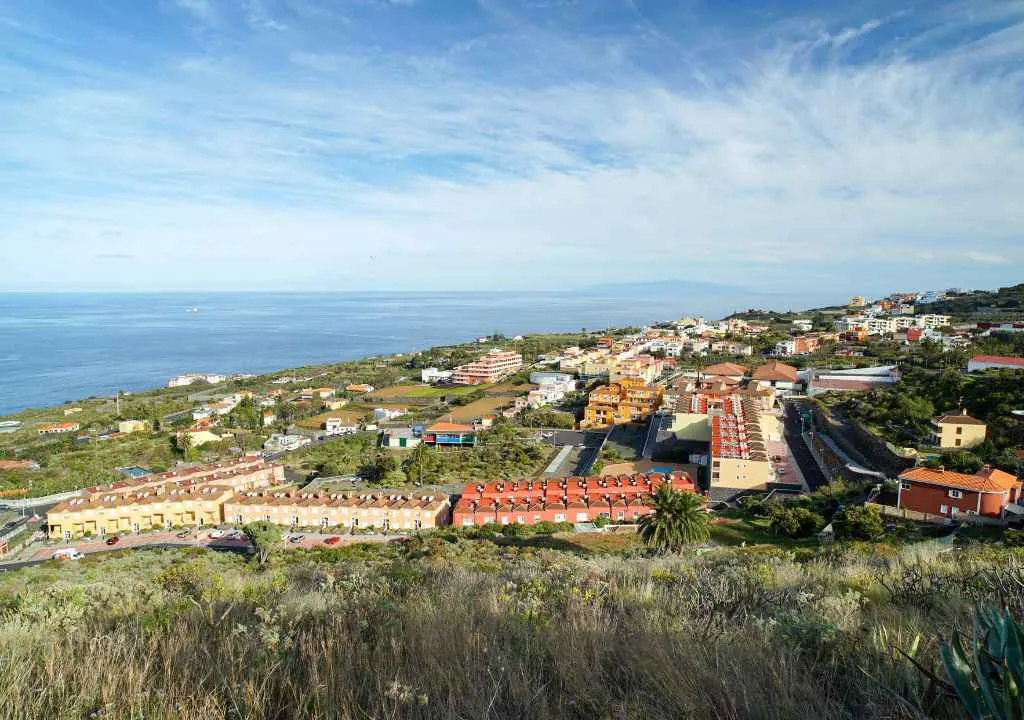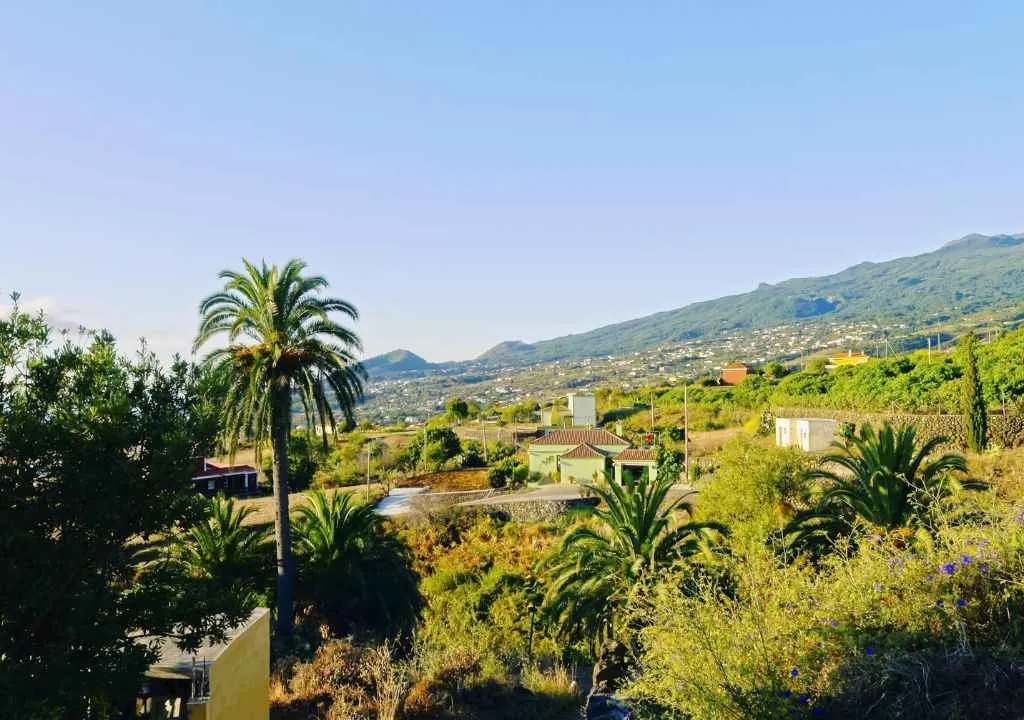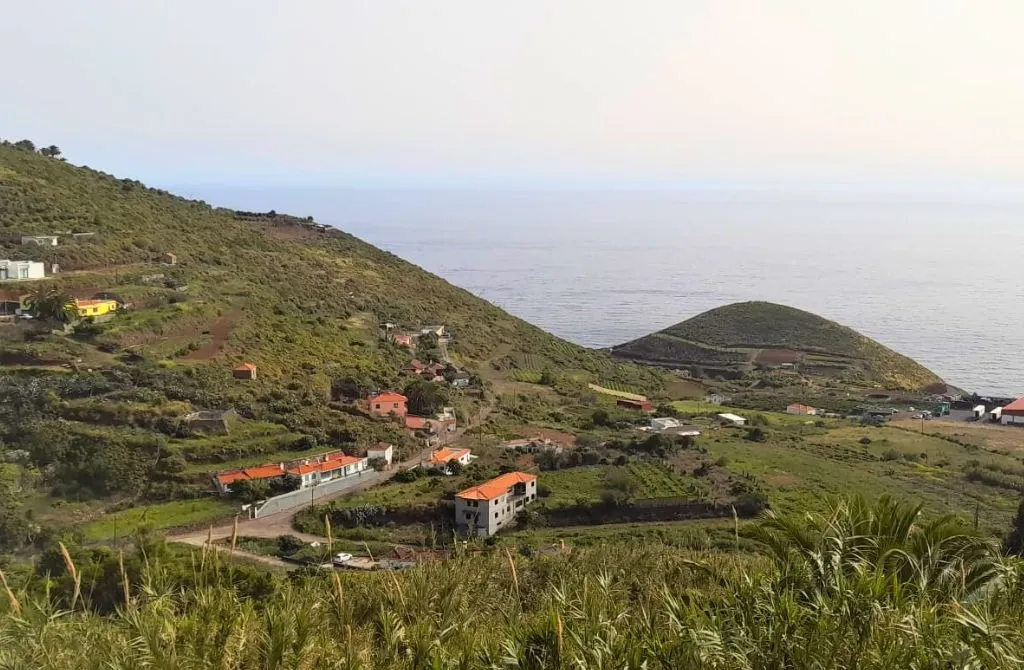Tazacorte is one of the sunniest municipalities in Spain, a true paradise where the climate and coastline create a privileged environment. With just around 4,500 inhabitants and being the smallest municipality on the island, it offers a perfect blend of history, tradition, and leisure.
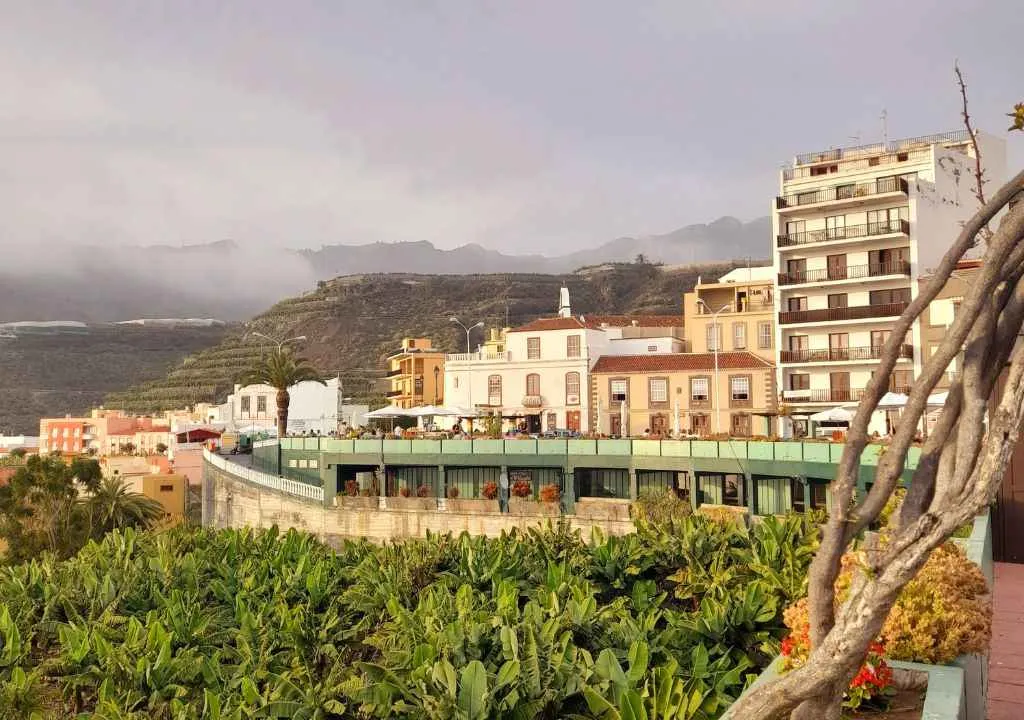
What Makes Tazacorte Special?
- Historic town center: With cobbled streets and well-preserved Canary architecture, especially in the El Charco district.
- Surrounded by banana plantations: An agricultural landscape that defines the identity of the town. Banana cultivation covers 70-85% of the territory.
- Year-round sunny climate: One of the sunniest and driest places in Europe, perfect for outdoor living.
- Europe’s first Banana Museum: A unique visit to learn all about La Palma’s most important crop.
- One of La Palma’s most beloved beaches: With black sand, calm waters, and easy access, ideal for swimming or a peaceful walk.
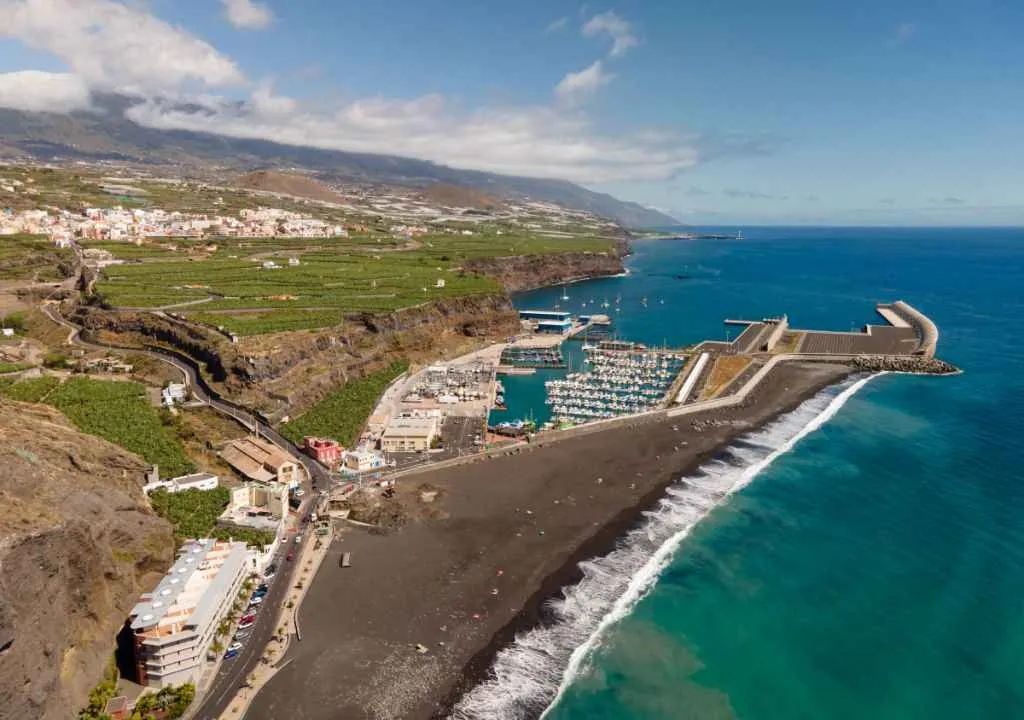
A Walk Through the Historic Heart of Tazacorte
The historic town center sits 170 meters above sea level, offering spectacular views of the ocean just 2 km away. It’s a small jewel where every corner tells a story.
- Church of San Miguel Arcángel
Built in 1513 on the foundations of the first chapel on the island, originally erected in 1492 after the conquest of La Palma by Alonso Fernández de Lugo. This church preserves valuable religious artworks and represents a cornerstone of Tazacorte’s historical and cultural legacy. - El Charco district
The historic core of the municipality, home to majestic manor houses from the 16th and 17th centuries. Walking through this area reveals the authentic essence of Tazacorte. - Old Washhouses
In the past, a canal carried water from the Barranco de las Angustias to La Vica, where traditional washhouses stood. The water also powered mills and sugar factories and irrigated crops. Today, relocated washhouses and remnants of aqueducts remain in the El Charco area, testifying to the importance of water in local history. - Banana Museum
Dive into the history and economic importance of bananas in Tazacorte. Learn about their cultivation and impact on the local economy. Located near the Hacienda de Abajo, La Palma’s only 5-star hotel.
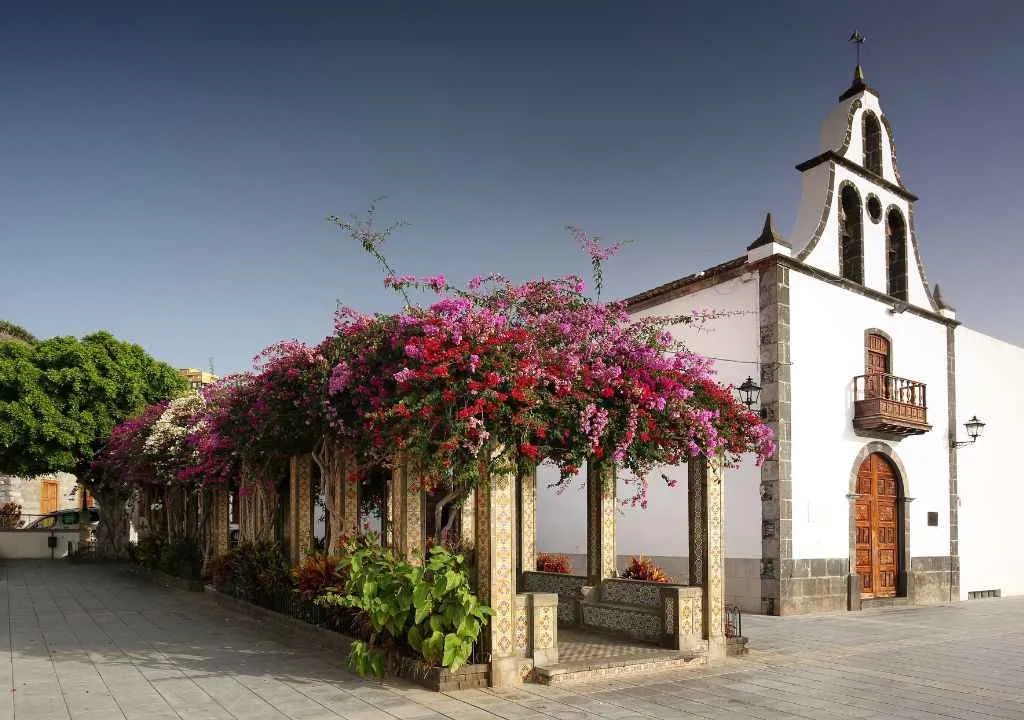
YOUR EXPERIENCE SHINES HERE
If you’ve visited this place, share your impressions and leave a small trace of your journey. Help other travelers discover the true beauty of La Palma.
*Your review is completely anonymous
A Bold Past: The History of Tazacorte
Though now known for sun, peace, and banana fields, Tazacorte played key roles in La Palma’s history, from the Spanish conquest to a brief period of declared independence.
Key historical moments
- 1492: The conquest begins. Alonso Fernández de Lugo lands at what’s now Tazacorte’s port.
- 16th century: The port becomes a key export hub for sugar and wine.
- Arrival of nobility: Wealthy families settle, building estates like the Hacienda de Abajo.
- Urban growth with dual identity: Nobles settle the upper area, while farmers build modest homes below, shaping the town’s layered character.
- 1919: British company Fyffes modernizes banana farming, generating an economic boom.
- 1925: The symbolic “Independence of Tazacorte”. Locals declared autonomy for three days in protest, before being quelled by a warship.
- 2000: A new modern port is inaugurated, now offering water sports and whale watching tours.
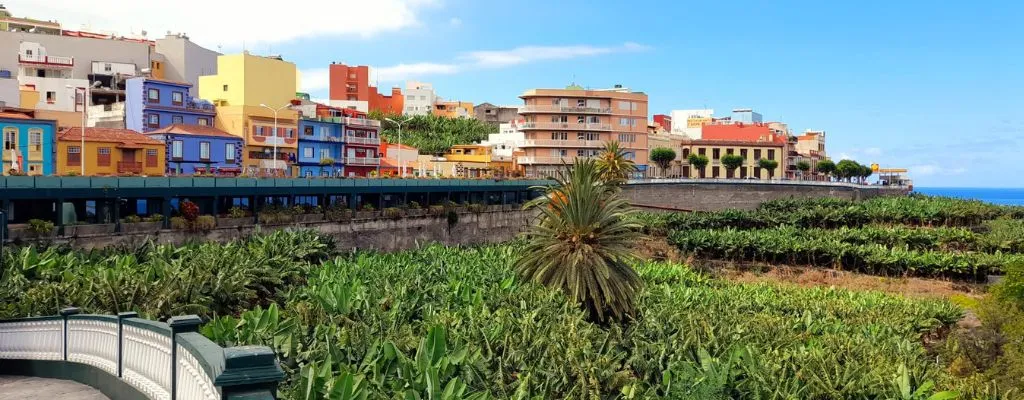
It might also interest you
What to Do in One Day in Tazacorte
Spend a day in Tazacorte and enjoy a blend of history, nature, sea, and local flavor.
- Morning: Start in the historic village, especially the El Charco district, full of color, calm streets, and lively plazas. Perfect for a slow stroll and a coffee on a sunny terrace.
- Midday: Head to the port and hop on a boat tour to spot dolphins or whales, or simply admire the dramatic western coastline from the sea.
- Afternoon: Relax at Tazacorte Beach. Black sand, gentle waves, and spectacular views.
- Evening: Enjoy dinner by the ocean as the sun sets. Tazacorte offers some of La Palma’s most magical sunsets, best experienced from a beachfront table.
Cultural and Festive Life
Throughout the summer, Tazacorte turns into a vibrant destination with music and food festivals that grow in popularity every year. Summer Fest, a must for music lovers and Fiesta de la Morena, a traditional beach celebration held on August 15.
One of the most beloved events is Los Caballos Fufos, held each September during the patron saint festivities of San Miguel Arcángel. These colorful paper horses, guided by dancers, parade through the streets in a joyful spectacle that has been celebrated for over 100 years.
Tazacorte also stands as a symbol of diversity and inclusivity. Every July, it hosts the Love Festival, a major event promoting LGBTQ+ rights in La Palma. The celebration ends with a massive concert, embracing freedom, pride, and community.

